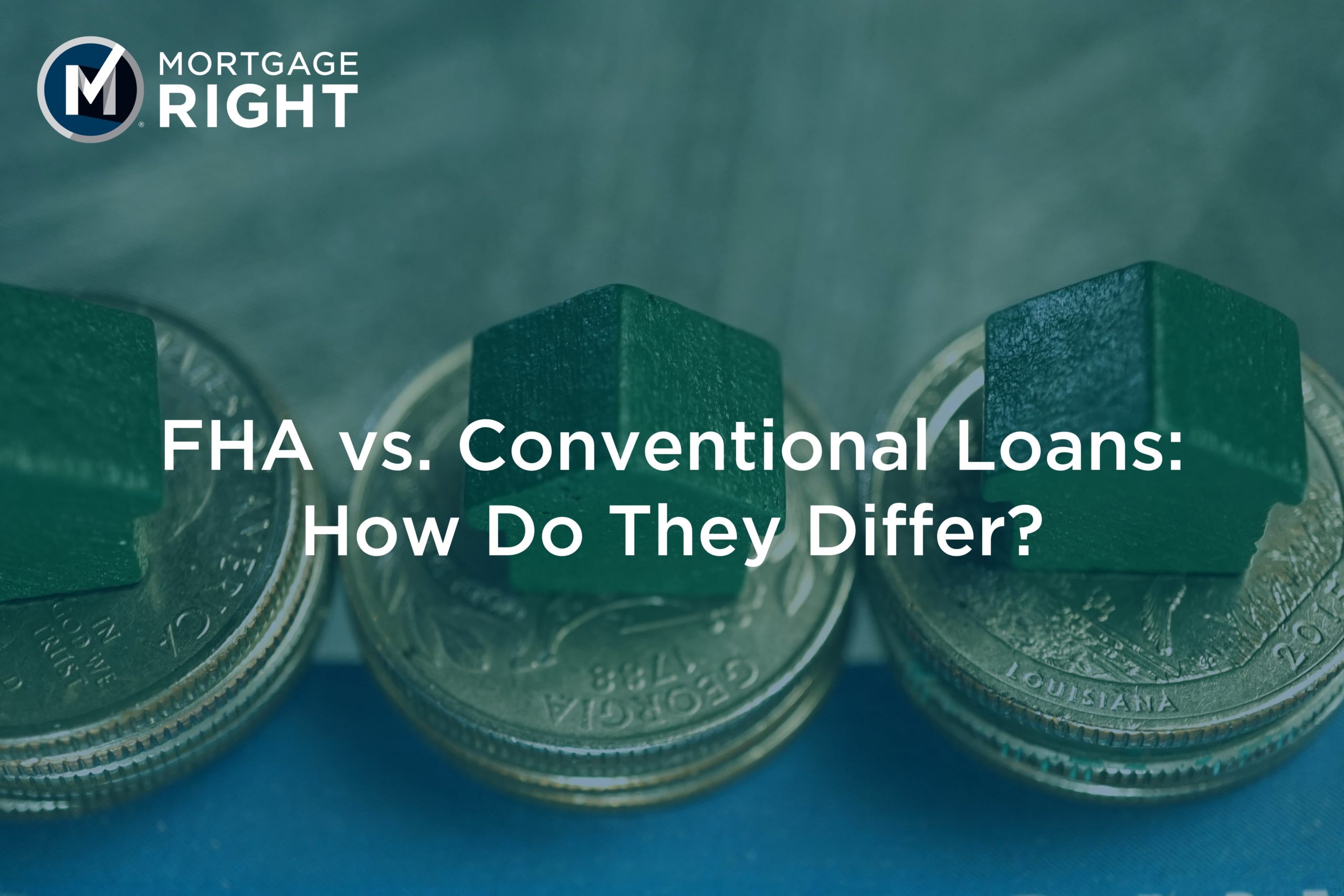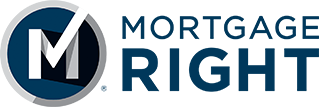
What Is an FHA Loan?
An FHA loan is one of multiple government-backed home loan options. This loan type is insured by the Federal Housing Administration, which makes the requirements to qualify less restrictive for homebuyers. FHA loans are a good option for homebuyers with lower credit scores or lower down payment potential.
What Is a Conventional Loan?
Conventional loans are a mortgage type insured by private lenders. Conventional loans are not government-backed, which means the qualifications are more stringent than those of an FHA loan. Homebuyers typically need a higher credit score and down payment to secure this loan type.
Fannie Mae & Freddie Mac
Because conventional loans conform to Fannie Mae and Freddie Mac’s standards, they are also known as conforming loans. Fannie Mae & Freddie Mac are the two government-affiliated organizations associated with conventional loans. They purchase mortgages from private lenders and hold the mortgages or convert them into mortgage-backed securities.
Credit Scores
FHA Loan
Many factors decide the credit score requirements for each loan option. With an FHA loan, a credit score of 580 is typical for you to qualify. A credit score as low as 500 is a possibility for some homebuyers through certain lenders, however, lenders establish their minimum credit score requirement based on risk. When trying to qualify for an FHA loan with a lower credit score, a homebuyer typically needs a higher down payment. The more you’re willing to put down on your home, the lower the credit score required to secure the loan.
Keep this in mind: If you have a co-borrower, the credit score used to determine eligibility will be the lowest median score. Your middle credit score will be used if you’re borrowing as an individual.
Conventional Loan
With conventional loans, qualifying credit scores vary from lender to lender. However, a minimum credit score of 620 or higher is the standard. Like the FHA loan, your median credit score will be used to determine eligibility if you’re borrowing as an individual. If co-borrowers are present, Fannie Mae can make qualification easier by using the average median score of each borrower instead of the lowest median score.
Keep this in mind: Conventional loan credit score requirements are higher than FHA loans because of the risk associated with loans that don’t have the backing of a government agency.
Down Payments
Conventional Loan
It might come as a surprise to new homebuyers, but putting 20% down is not always necessary to secure a conventional loan. Down payment expectations are often flexible. However, if you can’t put 20% or more down on your home, you’ll have to pay private mortgage insurance (PMI).
Smaller down payments create a higher risk scenario for lenders, and PMI keeps that risk in check in case you default on your loan.
FHA Loan
If you opt for an FHA loan, you can put down as little as 3.5% if you have a 580 or higher credit score. If your credit score falls within the 500-579 range, a 10% down payment is required.
Mortgage Insurance
Conventional Loan
Conventional loans often come with private mortgage insurance. Private mortgage insurance (PMI) is an assurance fee typically applied to monthly payments if a homebuyer can’t put 20% or more down on the home.
Though putting down less than 20% on a conventional loan makes paying mortgage insurance more likely, mortgage insurance payments change when you reach 20% equity in your home. When you achieve this equity milestone, you can ask that your lender remove PMI from your mortgage.
Your PMI payments automatically end once you reach 22% equity based on your original appraised value. As your home value increases, you can request the lender remove PMI if a new appraisal proves the equity is 20% or more of the appraised value.
With a rate between 0.58% and 1.86% of the conventional loan amount, a portion of your PMI is included in each monthly mortgage payment to prevent you from paying any upfront costs.
FHA Loan
If you opt for an FHA loan, you’ll receive a mortgage insurance premium (MIP). Unlike private mortgage insurance, MIP is applied no matter your down payment amount.
Alongside an annual MIP payment (which falls between 0.45% and 1.05% of the loan amount), you will need to pay an upfront mortgage insurance premium (UFMIP). UFMIP is 1.75% of the amount you borrow and can either be paid in full at closing or added to your loan amount.
Generally, MIP can’t be canceled and is a payment that remains for the duration of the loan regardless of equity. However, if you want to get rid of MIP payments, there are other options. When your equity reaches 20% or more, you can refinance your home with a conventional loan and no PMI.
Which Loan Offers the Best Benefits?
Conventional Loans Benefit Borrowers Who…
- Have a credit score of at least 620.
- Have a down payment of 3% or higher; have a down payment of 20% if they want to avoid PMI payments.
- Have a low debt-to-income ratio (DTI).
FHA Loans Benefit Borrowers Who…
- Have a credit score on the lower end.
- Don’t have much saved for a down payment.
- Have a higher debt-to-income ratio (DTI).
Make Homeownership Happen!
Whether you’re leaning toward a conventional loan, an FHA loan, or are still unsure where you stand—we can help you! Contact us today to have all your mortgage questions answered or to start your home-buying journey!






